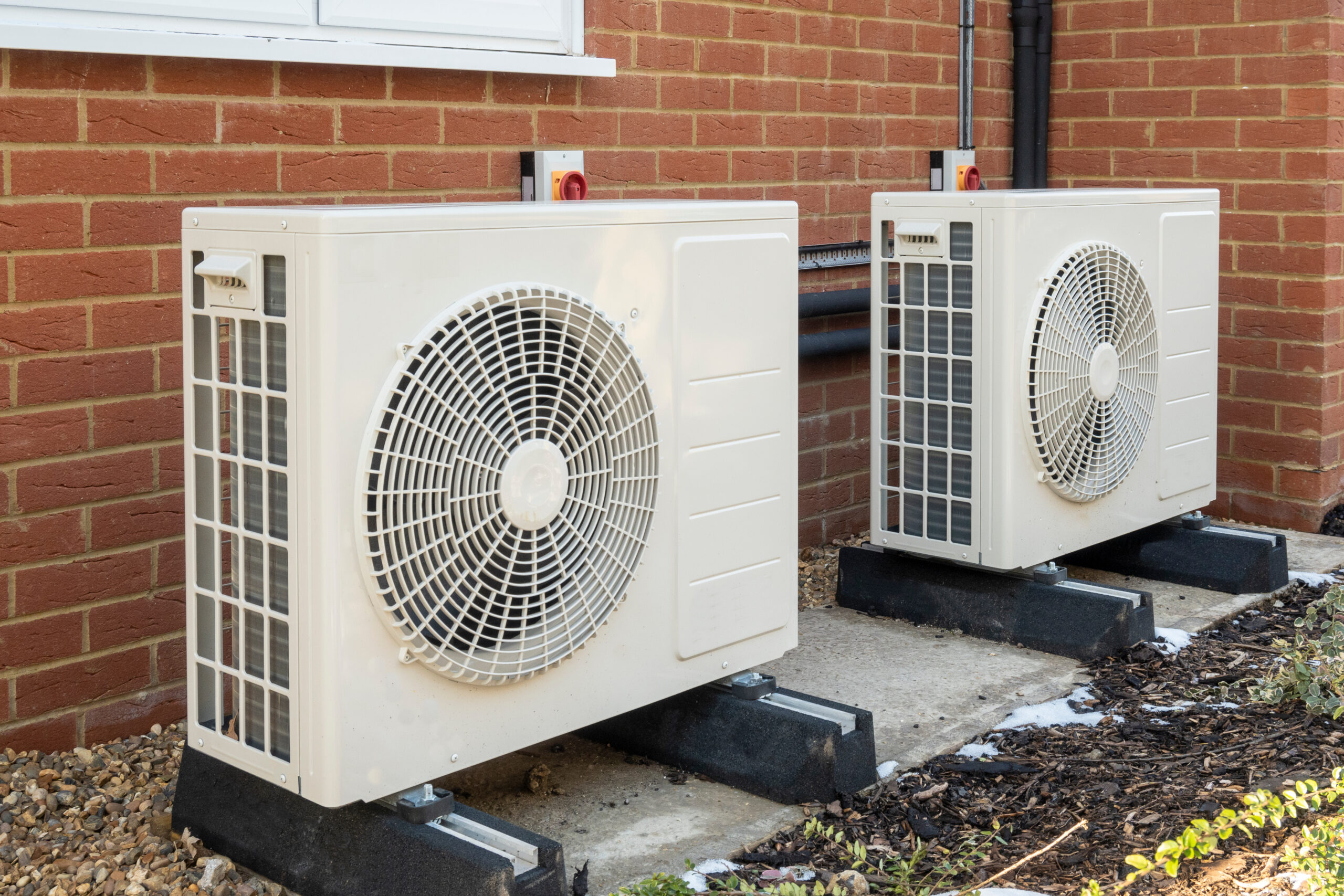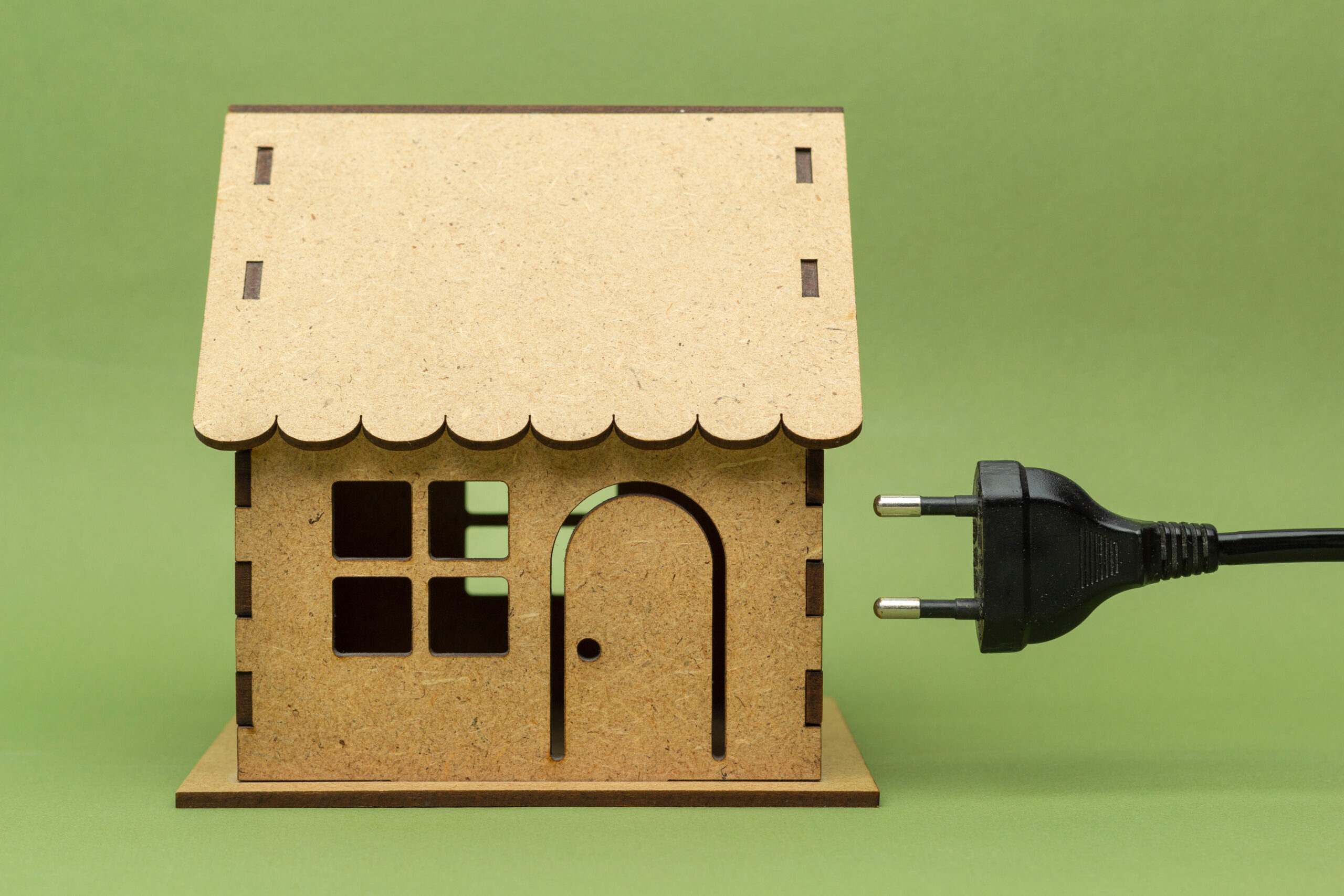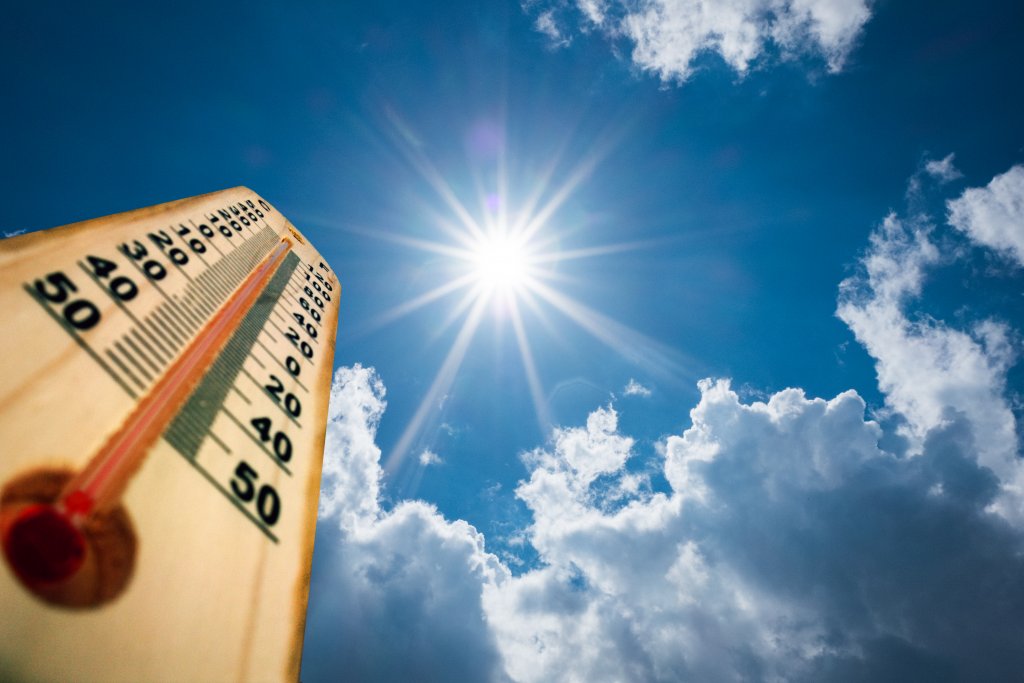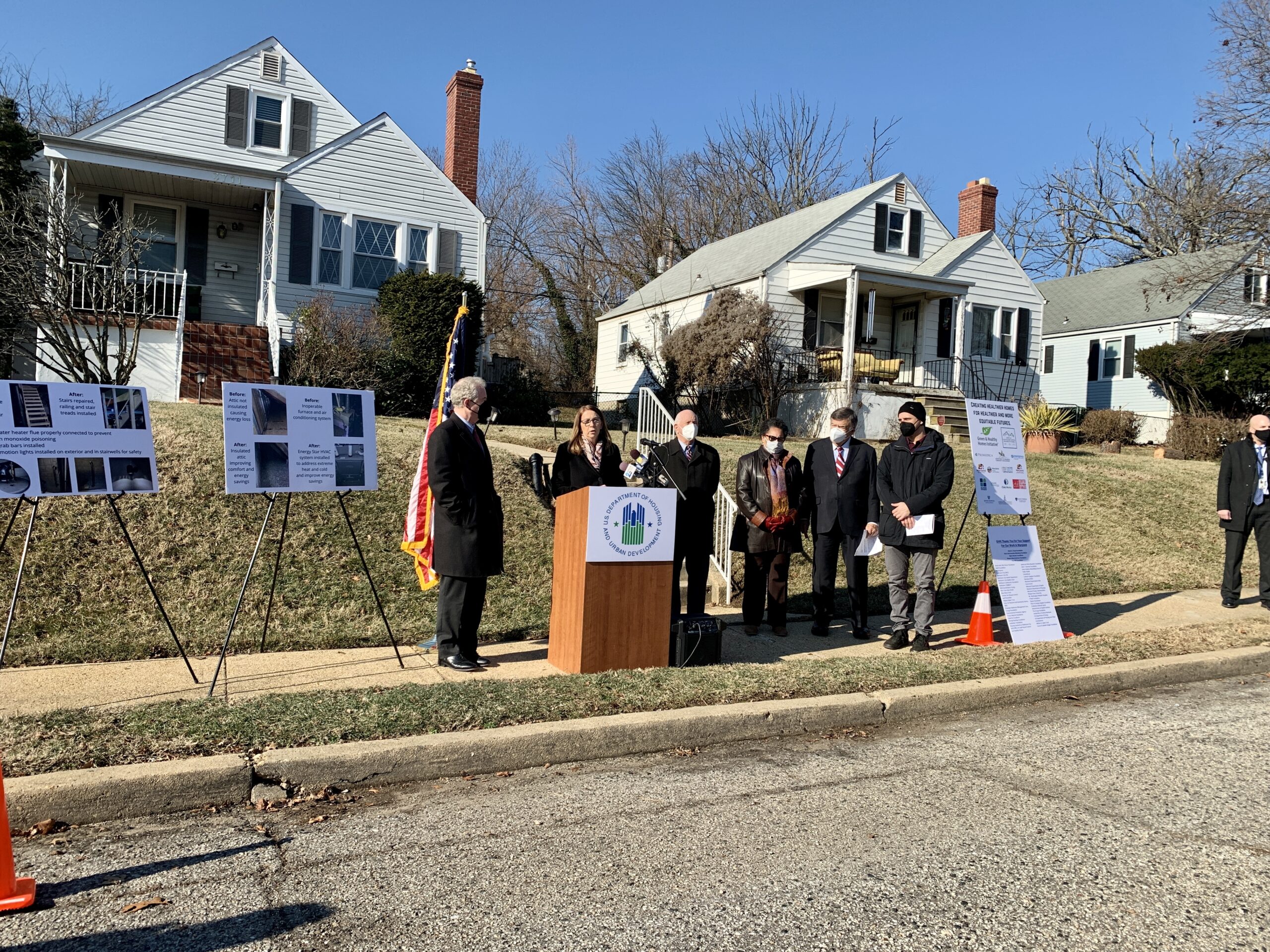
By Ruth Ann Norton
The writer is president and CEO of the Green & Healthy Homes Initiative.
We can all agree that our homes should be safe and healthy, cool in the summer and warm in the winter. They should all be well-insulated and equipped with up-to-date appliances and heating systems that don’t pollute our indoor or outdoor air or harm our health, and ensure our energy bills are affordable.
But too many low-income families across Maryland are trapped in unhealthy homes that suffer from extreme heat and extreme cold, with old, inefficient, costly appliances and heating systems. Many would like to take advantage of the state’s and federal government’s efforts to address climate change by switching from gas- or oil-fired appliances to cleaner, safer, more efficient heat pumps and other electric appliances.
Since 2008, the EmPOWER Maryland energy efficiency program has helped many families make their homes more efficient by providing discounts and rebates for energy upgrades and efficient appliances. This year the General Assembly is considering updating the program, and a broad coalition is encouraging changes that will benefit more people, especially low-income Marylanders.
Over the years, EmPOWER has invested $3.5 billion to help people make their homes more energy efficient, resulting in more than $12.7 billion in energy savings. Those investments have helped Marylanders get energy audits, weatherize their homes, upgrade to more energy-efficient appliances, and save money. Businesses have also received discounts and incentives for energy efficient upgrades.
Thanks to EmPOWER, we’ve reduced greenhouse gas emissions by the equivalent of nearly 10 million metric tons of carbon dioxide. That’s the same as taking 2 million cars off the road for a year.
But now we must update EmPOWER in several key ways.
First, we should add new incentives to help households make the switch to electric appliances and heating systems such as heat pumps. Coupled with existing discounts and rebates for energy audits and weatherization, this would accelerate efforts to move away from fossil fuels and bring down energy bills for more people.
Modern heat pumps are suitable for all Maryland climates and are two to three times more efficient than fossil fuel burning furnaces. Space heating and cooling accounts for more than half of home energy use, so making the switch can help lower energy bills year-round.
EmPOWER has to stop providing subsidies for gas appliances and home heating systems. Our energy-efficiency goals must be in sync with our climate goals. It’s time to move away from polluting gas systems and plan for an all-electric future in our homes and businesses.
Billions of dollars in federal funding are available to help people save energy and cut costs at home, but those programs are all focused on electric energy efficiency. Maryland needs to reform the EmPOWER program to make sure we don’t leave money on the table. This is a health imperative as well. According to a recent report co-authored by GHHI, fossil fuel HVAC systems emit more than three times as much health-harming air pollution as all of Maryland’s power plants combined, with Black Marylanders exposed to 70% more pollution from fossil fuel heating equipment as white Marylanders.
Electric appliances reduce indoor air pollution that contributes to several health problems, including childhood asthma, a particularly acute issue in Baltimore City and other areas.
Finally, the legislature should ensure that EmPOWER delivers more benefits to lower-income Marylanders in historically disinvested communities. Families and seniors in the communities deserve access to the same resources that others have to enable them to lower their energy bills and reduce greenhouse gas emissions. Including bilingual representatives in community outreach efforts will ensure more households are reached.
As part of a commitment to making EmPOWER more equitable, we should reduce the profits that utilities reap from EmPOWER, which can help bring down how much ratepayers contribute to the program. Some large utilities in Maryland have been bringing in three to four times higher profits than other states’ energy efficiency programs, driving up customer bills. We are counting on the legislature to prioritize benefits to the community over shareholder profits.
For more than three decades, the Green & Healthy Homes Initiative has worked with families and seniors to make their homes healthier, safer and more energy efficient but there are still so many we need to serve.
With the right changes, the EmPOWER program can turbocharge this work, reduce our state’s reliance on polluting fossil fuels, contribute to the creation of more green, healthy, and energy efficient homes, and help low-income Marylanders save money and contribute to our efforts to build a clean-energy state.
A hearing on legislation to upgrade the state’s EmPOWER program is scheduled for Feb. 29 at 1 p.m. in the House Economic Matters Committee.




 Creative Commons Attribution
Creative Commons Attribution